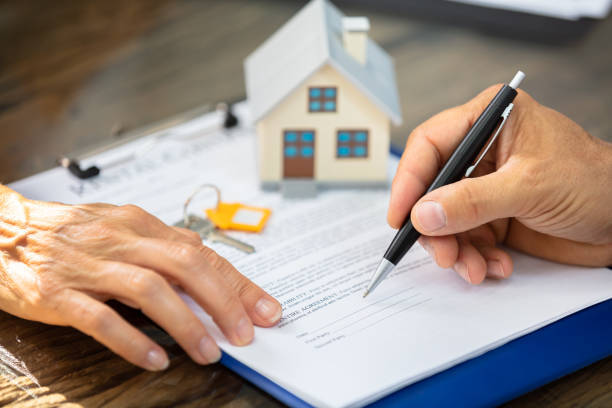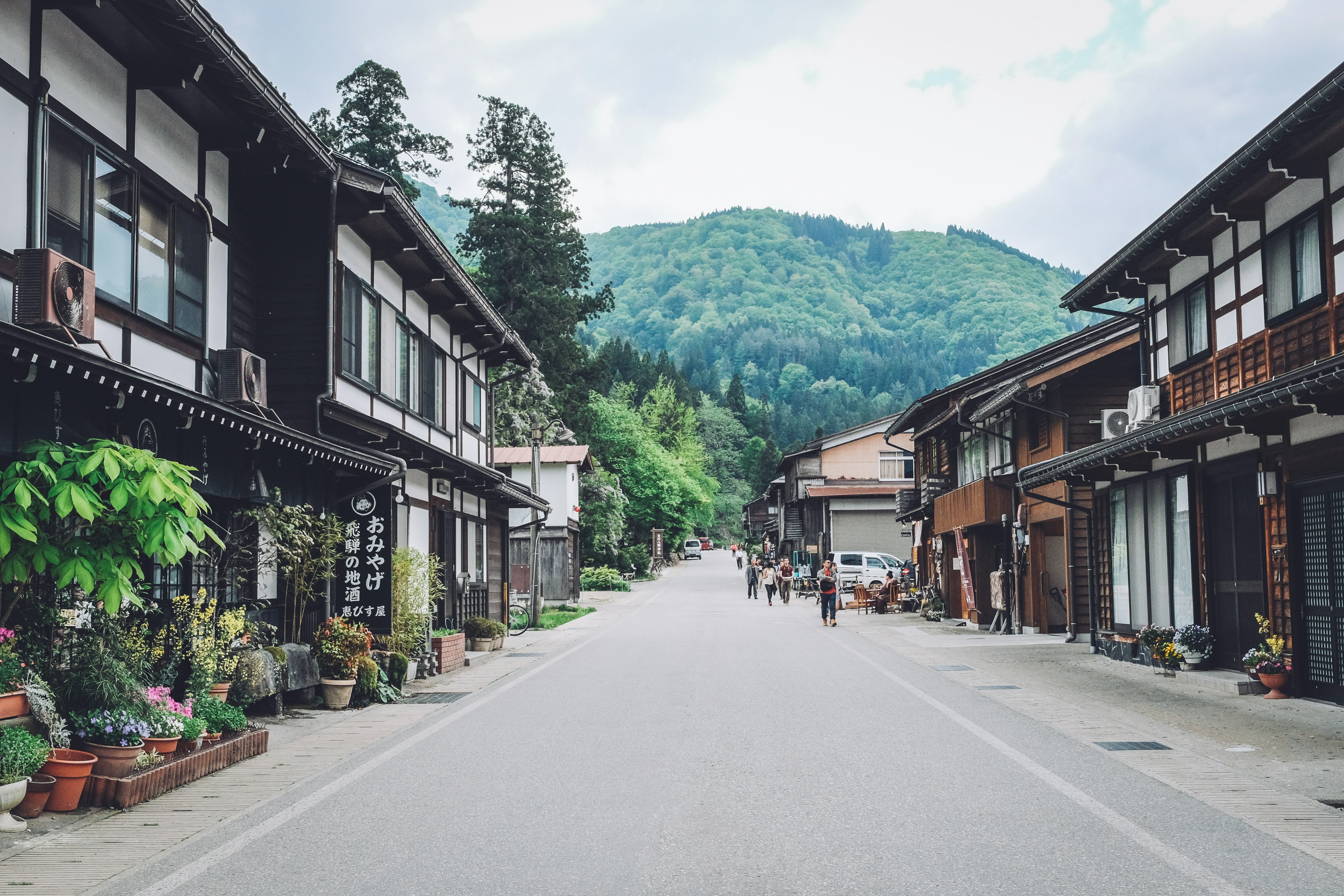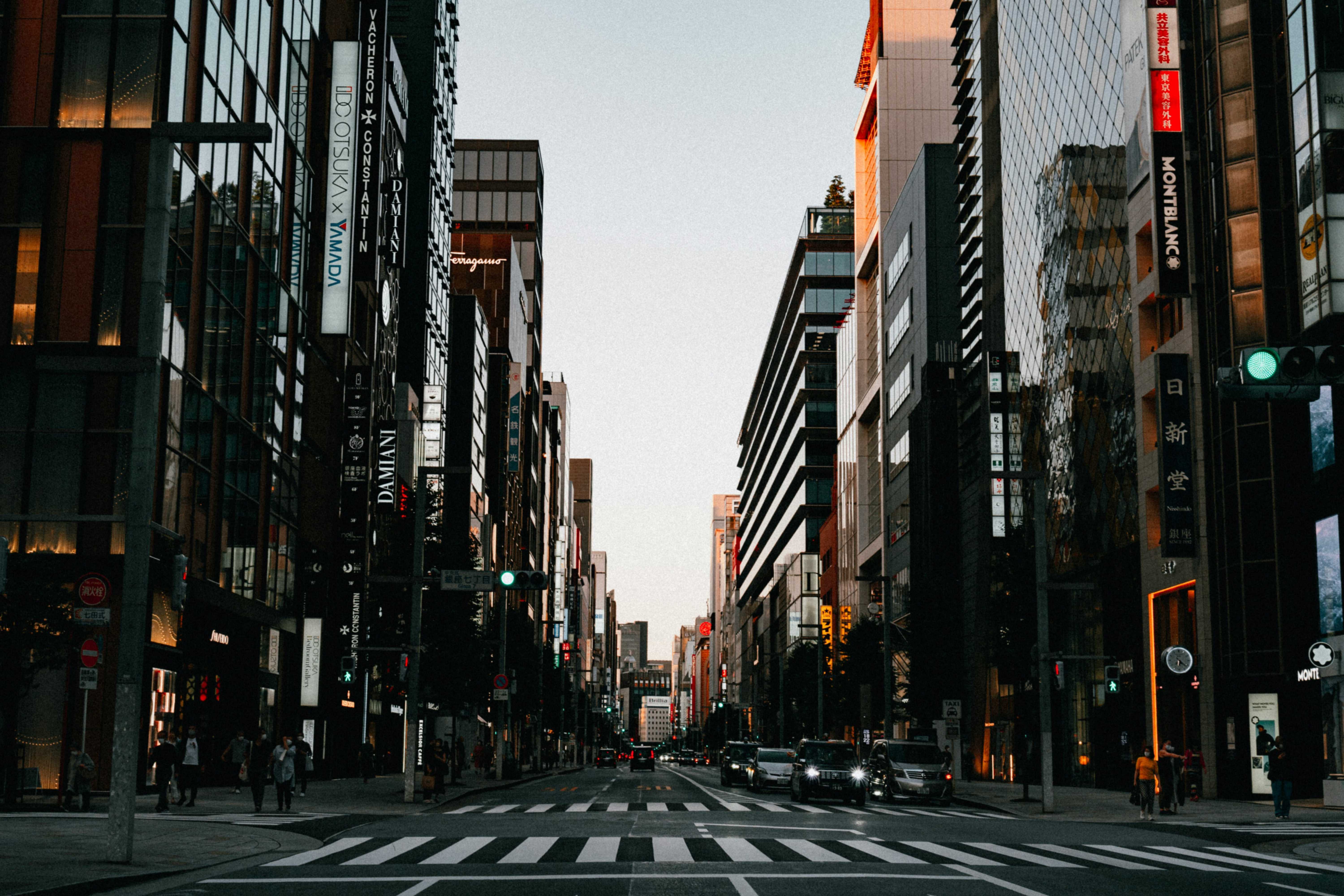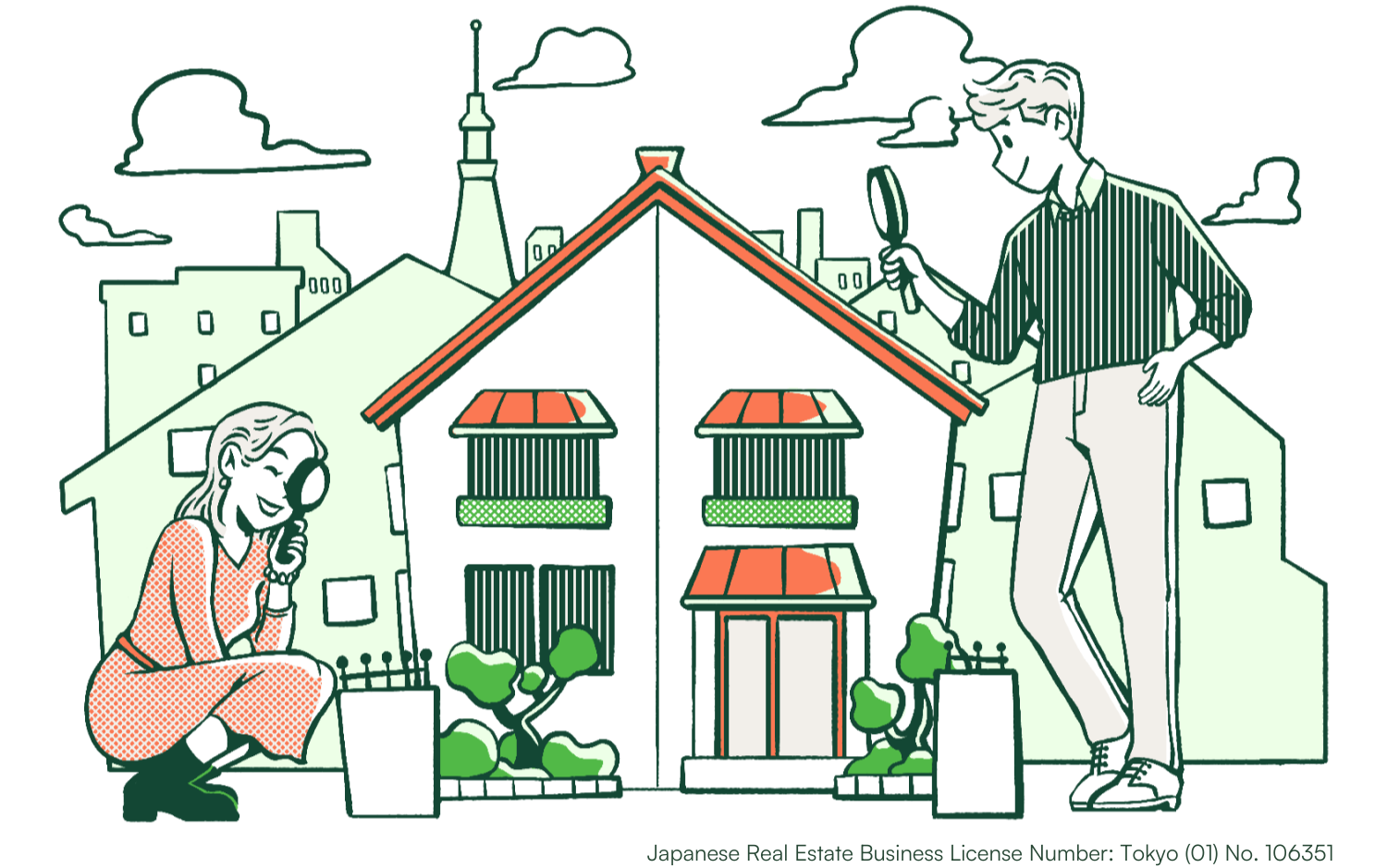
Documents You Need When Buying Property in Japan
Buying property in Japan offers great opportunities for foreign investors but can be challenging without knowledge of the process. Understanding the legal requirements, necessary documents, and key steps is essential for making informed decisions and ensuring a smooth transaction.
Table of Contents
Buying property in Japan is an exciting opportunity for foreign investors, but it can also present challenges if you’re unfamiliar with the process. With the right understanding of legal requirements, documents, and key steps, you can make well-informed decisions and ensure a smooth experience.
The Japanese real estate market offers stability, and whether you’re investing for personal use or looking for long-term value, Japan provides numerous options. From Tokyo’s bustling metropolis to more serene regional areas, the market caters to various needs and budgets.
However, before diving into property ownership, it’s crucial to understand the essential documents required during the buying process. From initial property inspections to closing the deal, numerous specific legal documents will need to be reviewed carefully to ensure everything is in order.
Top 5 legal documents you need to know
1. Juminhyo (Residence Certificate)
The Juminhyo or Residence Certificate is crucial during the transfer of property ownership. Issued by the local municipal government, this document officially records the change in ownership when buying or selling property in Japan. Ensuring all details are accurate, such as the previous and new owner’s names, is vital to avoid issues later in the transaction.
2. Tōhon (Certificate of Ownership)
This document serves as evidence of real estate ownership and is necessary for various processes like loans and property transfers. The Tōhon, issued by the Legal Affairs Bureau, provides key details such as the owner’s name, property address, and any encumbrances on the property. Verifying this document's accuracy is critical to avoid legal issues.
3. Baibai Keiyaku (Sale and Purchase Agreement)
The Sale and Purchase Agreement is a legally binding contract that outlines the terms of the property sale, including the agreed-upon price, payment schedule, and any contingencies. This document is essential in ensuring a transparent and smooth transaction for both the buyer and seller.
4. Juyo Jiko Setsumeisho (Seller Disclosure Statement)
This statement provides crucial details about the property, including its condition, past renovations, and known defects. Reviewing this document thoroughly is essential to avoid surprises after the purchase.
If you’re not able to be physically present in Japan during the transaction, a Power of Attorney document allows a designated individual to act on your behalf. This document must be legally executed and notarized to validate the authority given.
In Conclusion:
These are just a few of the documents that you as a buyer need to prepare for when purchasing real estate in Japan. Each of these documents plays a significant role in ensuring that the real estate transaction is completed legally and without complications. Missing or inaccurately completed documents could lead to delays, additional fees, or even legal disputes, so it’s important to get them right from the start.
PropertyAccess is a one-stop shop for your real estate needs. With Japanese professionals within the team, we can guide you through the necessary documentation and processes to help you achieve your goal property in Japan.






